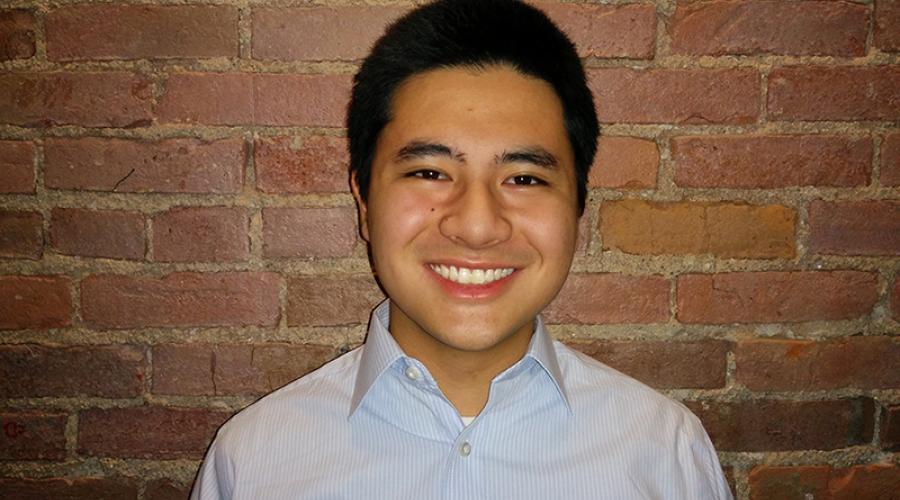
Immersive Experience
J. Lowell Jackson ’17 will study Bahasa Indonesian for three months this summer through the U.S. Department of State’s Critical Language Scholarship Program, an overseas language and cultural immersion program.
“I became interested in Indonesia after taking two Southeast Asia history courses with Professor Eric Tagliacozzo. These courses piqued my interest in Indonesia’s labor history and the historical underpinnings of Indonesia’s economic growth,” he said in an interview.
“My main academic trajectory centers on Southeast Asian labor relations, as well as labor migration and trafficking in the region. I decided to study Bahasa Indonesian so that I could do research in-country and engage with workers first-hand.”
Jackson said Richard Fincher ’73 of ILR’s Scheinman Institute on Conflict Resolution has been instrumental in developing his interest in Southeast Asian labor relations and for helping him with Scheinman research on child labor trafficking between Myanmar and Thailand.
Jackson thanked Associate Professor Kate Griffith for leading the Worker Institute student research fellow program he is working in this semester and KC Wagner for guiding him through the Restaurant Opportunities Centers United research on its Behind the Kitchen Door study.
Wagner also connected Jackson with Damayan, a New York City organization that advocates for Filipino domestic workers. Wagner and Jackson are in the beginning stages of developing a project with Damayan.
Jackson has studied Indonesian at Cornell with Senior Lecturer Ibu Jolanda Pandin for two semesters and practices the language at Ngobi Yuk -- the Cornell Indonesian Association's weekly Indonesian conversation hour.
Born in the Philippines, Jackson moved to the United States when he was six and speaks Tagalog at home.
“Since Indonesian and Tagalog are both part of the Austronesian language group, I see many similarities between the two languages,” he said.
Jackson, who started playing piano at age nine, is fluent in the language of music. His favorite composer is Maurice Ravel. He studied French for five years during middle and high school, and considers himself an advanced beginner in Indonesian.
“In Indonesian, there are neither tenses, nor genders and it is written in Latin script. Hence, one can pick it up quickly. However, understanding the grammatical patterns and formal structures is more difficult.”
“I also sometimes have difficulty taking vocabulary and grammar that I can easily write and then integrating it into my speech in a fluent manner. Another problem I encounter is thinking about language study through a ‘translation’ lens -- that is, thinking in English and then translating to Indonesian, rather than developing a new mindset independent of English,” he said.
Donna Ramil, associate director of ILR International Programs, said Critical Language Scholarships “are typically given to graduate students, so the fact that Lowell received one is a testament to his academic excellence and focus.”
The goal of the Critical Language Scholarship Program, according to the Department of State, is to increase the number of Americans studying and mastering critical languages.
In addition to Indonesian, languages studied through the program include Azerbaijani, Bangla/Bengali, Hindi, Korean, Punjabi, Turkish, Urdu, Arabic, Persian, Chinese, Japanese and Russian.
